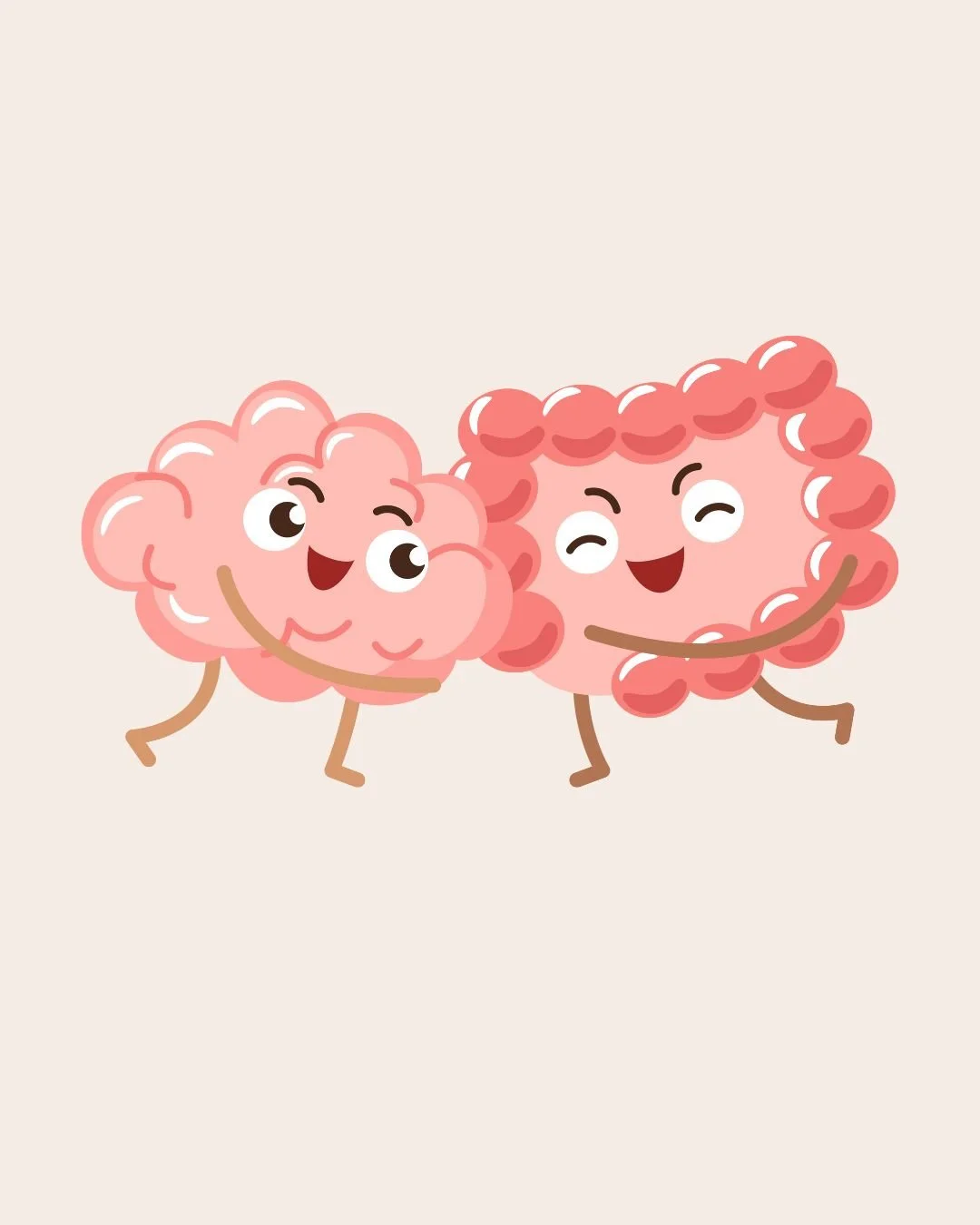The Gut's Role in Shaping Your Emotional Landscape
Did you know your gut and brain are constantly in conversation? This powerful connection, often called the gut-brain axis, is a two-way communication system linking the microbiome in our gut and the systems in our body that influence mood, energy, and stress. Much like an ecosystem, your gut relies on all its bacteria working in harmony to keep the body balanced and in clear communication. When our gut is healthy, these systems work synergistically, supporting our emotional and overall wellbeing.
Key Gut-Brain Links
Microbiome:
Your gut is home to trillions of bacteria that help produce neurotransmitters like:
Serotonin (linked with mood)
Dopamine (linked with motivation and focus)
GABA (helps with calm and relaxation)
Imbalances in gut bacteria (known as dysbiosis) can increase inflammation and contribute to depression, anxiety disorders, and stress. It can also disrupt our ability to focus and think clearly.
Addressing these imbalances, with a Naturopathic approach through diet, lifestyle changes, herbal medicine, and nutrition, can positively modulate the microbiota to improve emotional health, leading to better mood regulation and cognitive function.
Chronic Inflammation:
Chronic inflammation in the gut isn't just about stomach discomfort—it's a signal that the body’s immune system is in overdrive. When the gut is inflamed, the immune system sends out chemicals that can travel to the brain, triggering changes that affect mood and mental clarity. In simple terms, when your gut is inflamed, it can make you feel more stressed, anxious, or mentally "foggy" than usual.
When inflammation is managed, it can lead to clearer thinking, better mood regulation, and a calmer, more balanced emotional state.
Food Sensitivities:
Reactions to certain foods like gluten, dairy, or artificial additives can trigger an immune response leading to gut discomfort. Eating these foods regularly can damage the gut lining and cause inflammation, which in turn disrupts the gut-brain connection. When this connection is compromised, it can affect the way we feel and think, often contributing to increased stress, mood swings, or difficulty concentrating. That’s because the gut sends chemical signals and immune responses that directly influence brain function.
By identifying and managing food sensitivities, we can support both gut health and emotional wellbeing
How Naturopathy Can Support the Gut-Brain Axis
Whole Food Diet: Rich in fibre, quality protein, complex carbohydrates, and healthy fats.
Probiotics & Prebiotics: To nourish beneficial bacteria.
Targeted Herbs: Such as slippery elm, chamomile, or licorice along with glutamine and zinc carnosine to heal the gut lining and reduce inflammation.
Nutritional Deficiencies: Correcting low levels of zinc, magnesium, or iron can also support both gut health and cognitive function.




